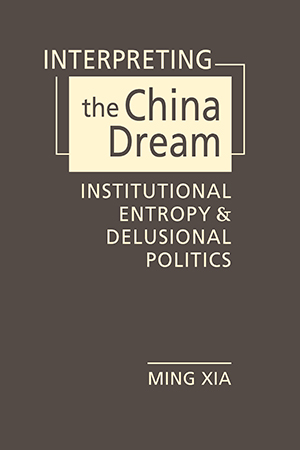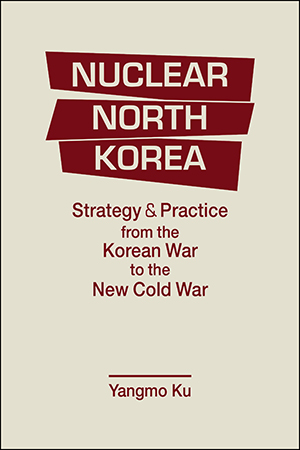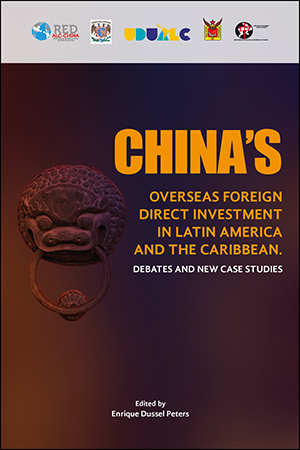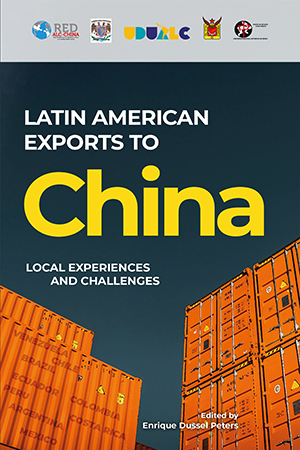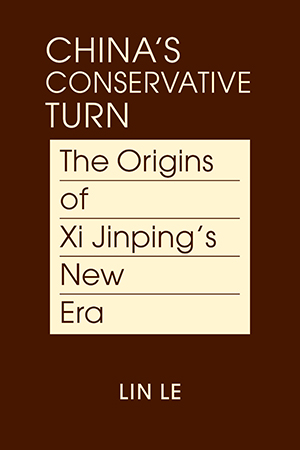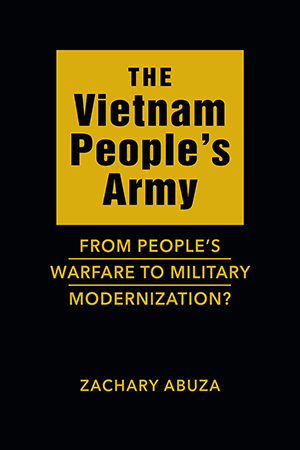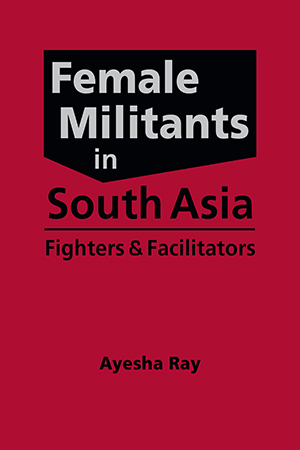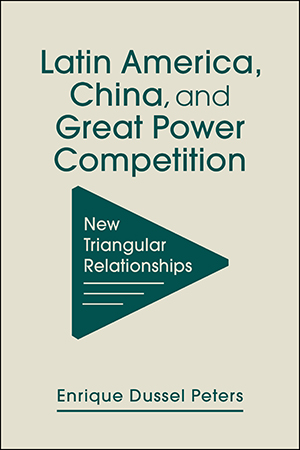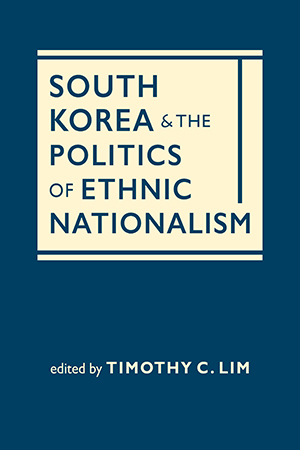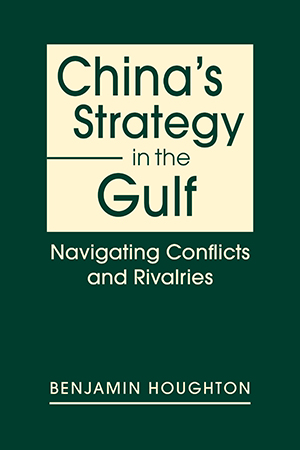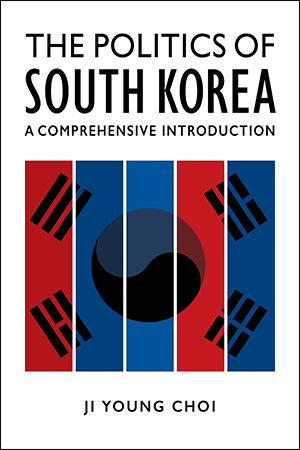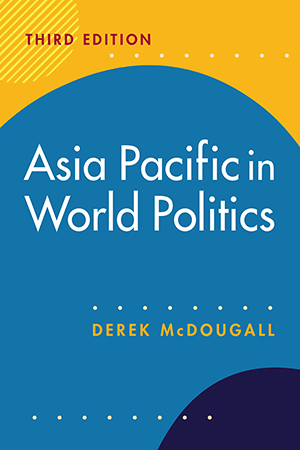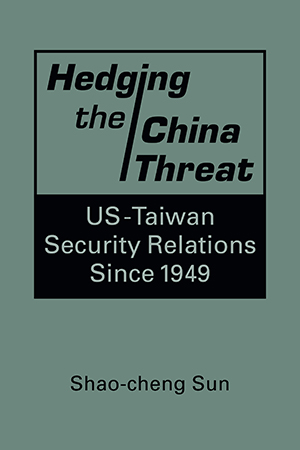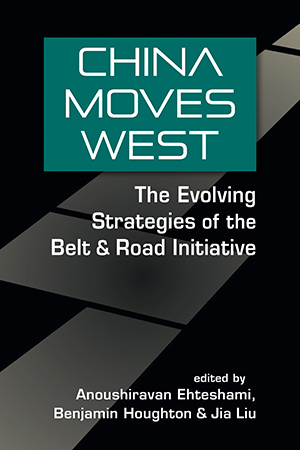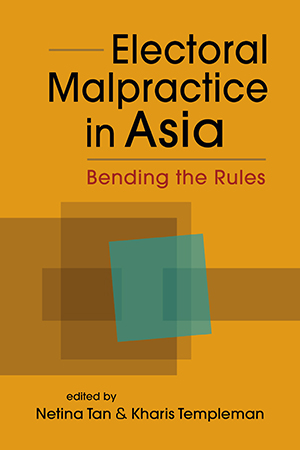Asia (all books)
More than a decade ago, Xi Jinping heralded a new era for China when he outlined his "Chinese Dream." Has that dream become a reality? Did Xi's transformative vision lead to More >
Despite crippling economic hardships and intense international pressure, North Korea has managed to become a nuclear nation. What drove the country to so resolutely prioritize the More >
Enrique Dussel Peters and his colleagues continue their ongoing investigation of China's overseas foreign direct investment (OFDI) in Latin America and the Caribbean (LAC) in this latest More >
The complexity and depth of the Latin America-China trade relationship—especially in light of the contemporary confrontation between the US and China—is placed front and center More >
What is the source of Xi Jinping's power in China? How did he gain the elite's support as he took the Communist Party down a conservative path? Lin Le finds answers by dissecting the More >
Can the Vietnamese military, which decades ago defeated the French, the Americans, and the Chinese, move away from its tradition of "people's war" to adapt to both the More >
Though often portrayed as lacking agency, women in South Asia, in considerable numbers, participate actively in the insurgencies that plague the region—taking up arms alongside men or More >
The emergence of Latin America and the Caribbean as an arena for US-China competition raises a number of important questions: What are China’s goals in LAC? Is its presence there a More >
Though for decades South Korea was considered the quintessential homogeneous nation-state, the more recent influx of significant immigration has given rise to intensely debated questions More >
China's foreign and security policy in the Gulf region has been characterized by the cultivation of strong positive relationships with all of the Gulf states, irrespective of their More >
Once an impoverished, autocratic country, in just a few decades South Korea has transformed itself into a vibrant democracy with a highly developed economy. Using a comparative perspective More >
This new edition of Asia Pacific in World Politics reflects the impact of nearly a decade of significant events and shifts in the region: the escalation of the conflicts between China and More >
The United States has never formally recognized Taiwan as a sovereign state, yet it has provided the country with security assistance since the establishment of the Republic of China (ROC) More >
In September 2013, Xi Jinping announced the launch of a Chinese-led megaproject, the Belt and Road Initiative, that would transform Asia's position within the global economy. Some ten More >
What causes widespread abuse of the electoral process? How do political elites choose and weigh the relative costs and benefits of differing kinds of electoral manipulation? How and why have More >



